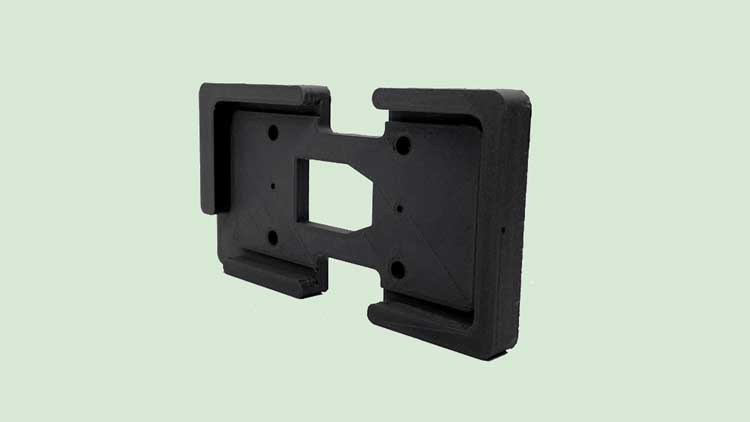
One of the most promising implant biomaterials utilized in orthopedics is carbon fiber (CF) reinforced polyetheretherketone (PEEK) composite. In this research, vacuum hot pressing was used to create unfilled PEEK and CF/PEEK specimens. The tribological properties of the specimens were then assessed by sliding them against a block of cobalt-chromium-molybdenum (Co-Cr-Mo) alloy. The effects of the carbon fibers’ surface oxidation treatment and mass fraction in CF/PEEK were investigated. The outcomes demonstrated that the wettability of the CF/PEEK specimens’ surfaces was enhanced as the water contact angles on their surfaces reduced.
When compared to unfilled PEEK, the hardness value of CF/PEEK was greatly increased, the friction coefficients were significantly decreased, and the material’s wear resistance was increased. The mass fraction of CF had the greatest impact on the tribological characteristics of CF/PEEK, followed by surface oxidation of CF, and the calf serum solution showed superior lubricity to saline and deionized water.
The carbon fiber reinforced poly(ether-ether-ketone) composites (CF/PEEK) are widely utilized in aerospace applications such as rockets, missiles, and high-speed vehicles due to their superior physical and chemical qualities. However, the inert molecular chain architectures of both carbon fiber (CF) and poly(ether-ether-ketone) (PEEK) have a significant impact on the interfacial properties of CF/PEEK composites.
